For the past 20 years, I have lived in places without clusters of Keralites and hence Onam celebrations have been limited to a small group of friends meeting for a ‘thatti-koott sadya’ (impromptu meal) in one of our homes every few years! But instead of making it less appealing, not having a full blown Onam celebration every year makes me even more nostalgic for all of it!
All my memories of actual Onam are of whirlwinds of activities.
While in school and college, serving as head girl or hostel student representative or secretary or president for various years meant having to plan, coordinate and ensure proper execution of myriad activities. They included having teams design and lay out large exquisite ‘Pookalams‘ (flower carpets) for the institution itself, organising a range of fun traditional competitions including ‘Vadam Vali‘ (tug of war), Pookalams based on a given theme, choosing the best dressed Kerala beauty, lemon and spoon races, etc, then inviting guest speakers, coordinating with the authorities for the Onam Sadhya (festive meal) and persuading hostel or college girls into being a ‘puli‘ (tiger) for the ‘Puli-Kali’ (Tiger dance) or Maveli (the pot-bellied king of Kerala, who is the central figure of Onam) when they would rather all be Kerala Onam belles!
Every Onam at the St. Pius Hostel of Assumption college, back in those days, also meant a ‘Vallamkali‘ (traditional snake boat race) These were just artificial cardboard cutout boats but the fun part was that the the team assigned would modify the traditional Vallamkali song to make fun of the hostel faculty and the student council.
One year, the stanzas for me went: “Jovi mole, ponn mole, thithai thaka thai thaithi tho, konjam konjam Mallu okke padichi verundoo?!’ (“Dear Jovi girl, are you finally learning some Malayalam?!” as I didn’t speak it well)
When I first joined the hostel, I was amused to find the kitchen staff drying the leftover used grated coconut for days. We students joked that they thought that we were cows to even feed those too later. But in the days before Onam, the senior students started using dyes to colour the dehydrated grated coconut into various brilliant hues.
I soon learned that laying out the coloured and dried grated coconut below the flower petals for the pookalams made them much more attractive, as they then looked like they were on a raised platform, with the added advantage that the floor was completely covered and didn’t show through between the gaps in the flower petals.
One Onam stands out for other reasons. We had just gotten to our respective homes for the Onam holiday when we heard that some of our college mates, who had gone on a class trip to watch the Boat Race, had accidentally fallen into the water and drowned. We never saw them again. Years later, I still wonder if any of their families have ever been able to celebrate Onam, after that terrible day.
After college and until I left India in early 2000, my Onam memories are mostly of serving as a committee member of different Malayalee Associations and/or of serving as the Master of Ceremonies for Onam programmes. One of them was in a town in Tamil Nadu with a large number of Keralites. It was a huge crowd for the Onam celebration event but as the chief guest and a few invited VIPs did not speak Malayalam, I was asked to anchor in English, which I did. Soon, typical of us Malayalees, there were loud boos and whistles, insisting that I speak only in Malayalam.
I had to pause, explain in Malayalam that I had been asked to speak in English and explain the reason why and then, continue. Typical of me, I wasn’t ruffled by the booing and soon they were cheering for me. The real laugh came later…I used to get a number of love letters from men who were in the audience that day, funnily enough – all in Malayalam, which they didn’t realise I had never learned to read!
Now many years later, I am trying to teach my daughter Malayalam and what Onam means. If nothing else, I hope it emphasises to her the Kerala spirit, of unity and harmony across religions, of striving for the common good, of a Kerala that Maveli would still be proud of, in spite of the floods, the landslides, that horrifying air crash and Covid!
Happy Onam to all of you!
By Jovitta Thomas

Jovitta is a Development Consultant with over two decades of experience in conflict and fragile zones, working with governments, the UN and World Bank. She lives in Georgia. A wife and mother, Jovitta loves people, travel, food and books. She adores Maveli as he loves the same things she does! Her favourite quote: “Do not be overwhelmed by the world’s grief. Live justly now. Love mercy now. Walk humbly now. You are not obliged to complete the work. But you are not free to abandon it either!” (Talmud)

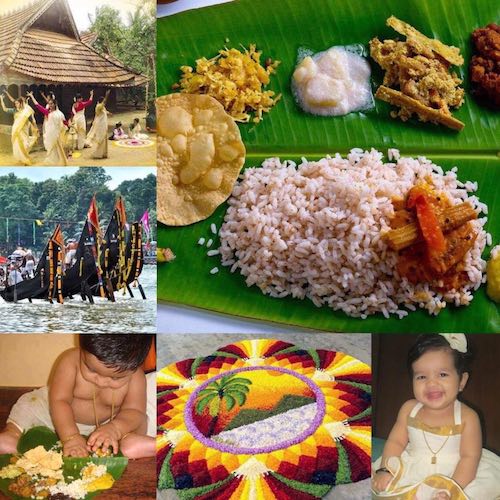
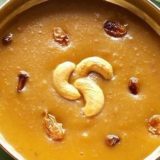

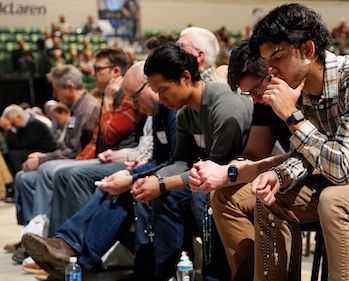
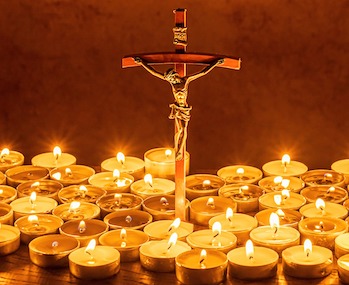

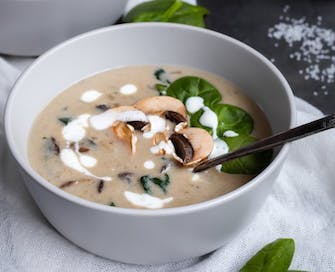





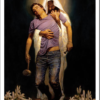
Being associated with an institution in Kerala for the last 11 years I can feel the mood of Onam , This festivals unites the population of Kerala and they are proud of it. It truly exhibits the uniqueness of the Indian diversity and every Malayali around the globe cherishes as a proud moment.